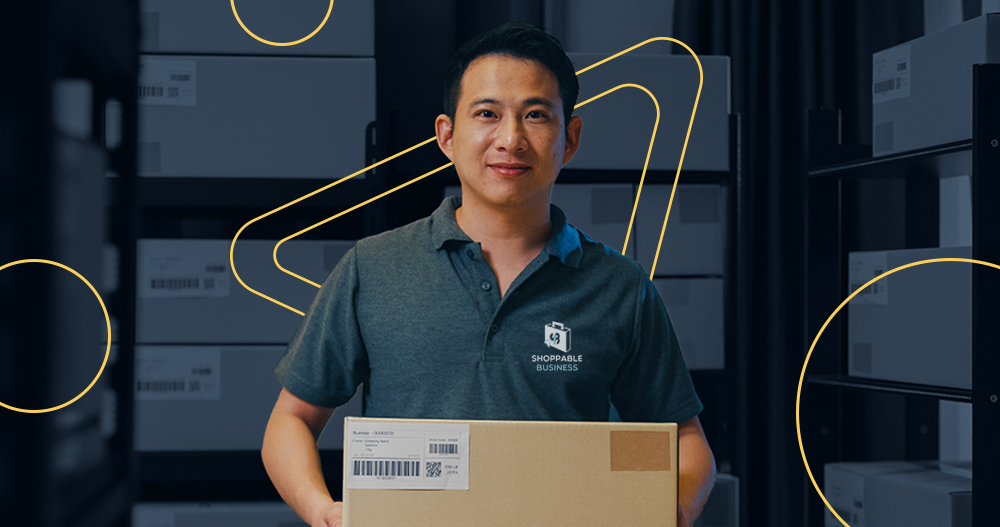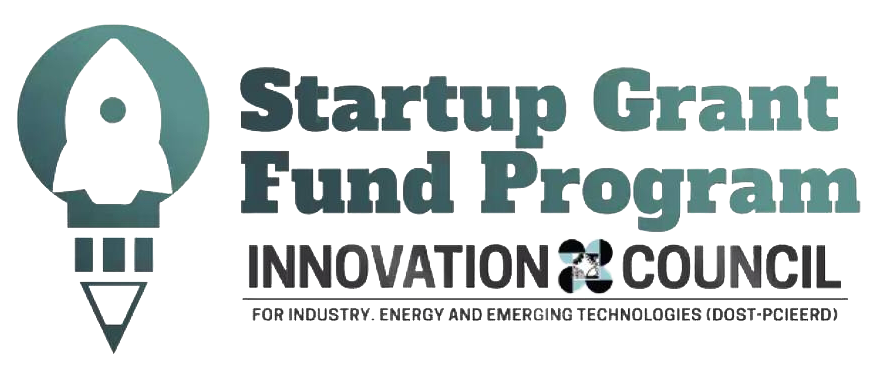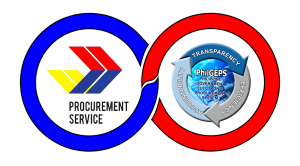
Finding the right suppliers in the Philippines can be challenging, especially if you’re just starting your business, or don’t know the ins and outs of the supplier industry. The meticulous process of finding the right supplier itself is already daunting, not to mention, the added pressure of ensuring quality, reliability, and competitiveness. In a bustling market of the Philippines, where options abound, it’s easy to feel overwhelmed by the sheer magnitude of choices available. The good news is that this article will serve as a guide for your procurement success. We’ll talk about the complexities and challenges of supplier selection, supplier research, establishing a clear criteria for supplier selection, and where to find the right suppliers in the Philippines for your business.
What is a Business Supplier
A business supplier, or often referred as supplier, is a company or entity that provides goods or services to another business. Suppliers play a critical role in the supply chain by sourcing, producing, or distributing products and services that businesses need to operate and fulfill their own obligations to customers.
Types of Suppliers in the Philippines
Wholesaler
Wholesalers purchase goods in bulk quantities from manufacturers or distributors and sell them to retailers or other businesses at a discounted price. They typically operate large warehouses and offer a wide range of products across different categories.
Manufacturer
Manufacturers produce goods or products from raw materials or components. In the Philippines, manufacturers operate across various industries, including electronics, textiles, food and beverage, and automotive. They often engage in mass production and may sell their products directly to retailers, wholesalers, or distributors, or through their own retail channels.
Distributor
Distributors act as intermediaries between manufacturers or wholesalers and retailers or end customers. They purchase products in bulk from manufacturers or wholesalers and distribute them to retailers or businesses across different channels. Distributors in the Philippines play a crucial role in expanding the reach of products to diverse markets and facilitating efficient distribution networks.
White Label Manufacturer
White label manufacturers specialize in producing goods or products under the branding of other companies. They often offer customizable products that can be branded and marketed by businesses as their own. White label manufacturing is prevalent in industries such as cosmetics, personal care products, and consumer electronics in the Philippines, allowing businesses to launch products quickly without the need for extensive research and development.
What to Look for in Suppliers in the Philippines
Value for Money
Evaluating the overall cost-effectiveness of the supplier’s offerings is essential. This involves considering not only the upfront price but also factors such as quality, reliability, and long-term value of their products, and their value as a supplier to your business.
Responsiveness
A supplier’s ability to promptly address inquiries, provide timely updates, and respond to issues or concerns is crucial for maintaining smooth operations and addressing customer needs efficiently.
Flexibility
Look for suppliers who are adaptable and willing to accommodate your changing requirements, no matter how miniscule or huge. Whether it’s adjusting production and delivery schedules, customizing products, or accommodating fluctuations in demand.
Stability and Scalability of the Supplier
Assess the stability and scalability of potential suppliers to ensure they can meet your current and future needs. This includes evaluating their financial stability, production capacity, and ability to scale operations to accommodate your growth.
Quality and Reliability
The quality and reliability of the products or services provided by the supplier are important. Conduct thorough evaluations of product quality, consistency, and adherence to specifications to ensure they meet your standards and satisfy customer expectations.
Best Practices for Choosing the Right Suppliers in the Philippines

Be clear of what products you need
Before reaching out to suppliers, define your requirements and specifications clearly. This includes quantity, quality standards, delivery schedules, and any other relevant details. Having a clear understanding of your needs will help you communicate effectively with potential suppliers and ensure you find the right match for your business.
Don’t be afraid to clarify or asks questions
During the supplier selection process, don’t hesitate to ask questions or seek clarification on any aspects that are unclear. Whether it’s regarding pricing, lead times, quality control processes, or other concerns, open and transparent communication is essential for making informed decisions and building trust with potential suppliers.
Test the waters with the supplier
Before committing to a long-term partnership, consider testing the waters with potential suppliers through small-scale orders or trial runs. This allows you to assess their responsiveness, reliability, and product quality firsthand without making a significant investment upfront. Testing the supplier’s capabilities in real-world scenarios can help you make a more informed decision about their suitability for your business.
Maintain communication with the supplier
Effective communication is key to a successful supplier relationship. Maintain regular communication with your chosen supplier to discuss order status, address any issues or concerns, and provide feedback on their performance. Open lines of communication foster transparency, trust, and collaboration, ultimately strengthening the partnership and ensuring mutual success.
Foster a strong relationship with the supplier
When you’ve decided to go forward with the chosen supplier, make sure to foster and invest a strong relationship with your supplier. Invest time and effort in fostering a positive and collaborative relationship built on mutual respect, trust, and understanding.
Engage in face-to-face meetings, and demonstrate your commitment to the partnership. By nurturing a relationship based on shared goals and values, not only can your business create a solid foundation for long-term success and mutual growth, but also receive benefits such as lower pricing and gain priority as their customer.
Challenges of Finding the Right Suppliers in the Philippines
Unreliable Suppliers
One of the foremost challenges in supplier selection is identifying and avoiding unreliable suppliers. These are vendors who may fail to meet delivery deadlines, provide substandard products or services, or exhibit inconsistent performance. Dealing with unreliable suppliers can lead to disruptions in your supply chain, increased costs, and ultimately damage to your reputation.
Quality and Reliability of Products
Ensuring the consistent quality and reliability of products or services is essential for maintaining customer satisfaction and loyalty. However, in the Philippines, maintaining high-quality standards can be a challenge due to variations in manufacturing processes, raw materials, or service delivery. Therefore, thoroughly vetting suppliers for their quality control measures and track record is crucial to mitigate the risk of receiving inferior goods or services.
Capacity and Scalability
As your business grows, you need suppliers who can scale their operations to meet your increasing demands. However, not all suppliers in the Philippines may have the capacity or flexibility to accommodate sudden spikes in orders or changes in requirements. It’s essential to assess a supplier’s production capacity, workforce capabilities, and scalability potential to ensure they can support your evolving needs.
Openness of Communication
Effective communication is the cornerstone of successful supplier relationships. Establishing clear and open communication channels from the outset is vital for conveying expectations, addressing concerns, and fostering mutual understanding.
Ethical and Sustainability Standards
In today’s socially conscious marketplace, ethical and sustainability considerations play a significant role in supplier selection. Ensuring that your suppliers adhere to ethical labor practices, environmental regulations, and sustainability initiatives is not only morally imperative but also essential for safeguarding your brand reputation and meeting regulatory requirements.
Risk Management
Supplier-related risks, such as supply chain disruptions, geopolitical instability, or natural disasters, can pose significant threats to your business continuity. Developing robust risk management strategies, such as diversifying your supplier base, implementing contingency plans, or conducting regular risk assessments, is essential for mitigating potential disruptions and safeguarding your operations against unforeseen challenges.
Compliance and Invoices
Compliance with regulatory requirements and accurate invoice management are critical aspects of supplier management. Efficient invoice processing, including timely payment and reconciliation, is vital for fostering trust and transparency in supplier relationships while minimizing the risk of payment disputes or discrepancies.
Fostering Supplier Relationships
Building strong and collaborative relationships with suppliers is key to achieving mutual success and long-term sustainability. Effective supplier relationship management involves proactive communication, mutual trust, and shared goals.
By understanding suppliers’ capabilities, challenges, and objectives, businesses can work together to identify opportunities for process improvements, innovation, and value creation. Cultivating a culture of partnership and respect fosters loyalty and encourages suppliers to go the extra mile to meet your needs and exceed expectations.
Supplier Management
As a business, it is risky and difficult to rely on only one supplier for everything you need. Choosing multiple suppliers is the answer, but the problem is, how would your business manage them?
Supplier management encompasses a range of activities aimed at optimizing the performance, reliability, and strategic alignment of suppliers. This includes supplier evaluation and selection, contract negotiation, performance monitoring, and continuous improvement initiatives.
Where and How to Find the Right Suppliers in the Philippines
Now that we’ve talked about the essential topics related to everything you need to know about suppliers in the Philippines, sounds a lot of work right? From the supplier selection and everything in-between the procurement process makes it a difficult task, and you would want to minimize errors along the way. If you want a hassle-free and an easy way to find and procure 100% authentic products from trusted, reliable, and vetted suppliers in the Philippines, now is the time to try Shoppable Business.
Online B2B Marketplace – Shoppable Business
An online B2B SaaS-marketplace such as Shoppable Business, can provide you with highly reliable, and quality suppliers in its procurement SaaS + marketplace platform.
Shoppable Business vets its brands and suppliers to ensure authentic and quality suppliers for businesses looking for the right suppliers in the Philippines. Shoppable Business has the solution for the challenges of finding the right suppliers in the Philippines listed above.
Shoppable Business is simplifying procurement with a centralized shopping experience, bulk discounts, term payments, and time saving features, from thousands of brands such as Apple, Samsung, ASUS, and millions of products across its marketplace.
Why Become a Seller in Shoppable Business
- Access to a large customer base – giving businesses the opportunity to expand their reach and increase sales
- Increased visibility and brand awareness – a platform for businesses to showcase their products/services and potentially attract new customers
- Pay by Invoice – 30 Days Payment Terms
Why Become a Buyer in Shoppable Business
- The Ultimate Platform for Procuring Branded Products in Bulk w/NO MOQ at Wholesale & Factory Direct Prices
- 20,000+ product categories
- Save company time and money – Customized orders, RFQ for specific quantities, bundles, configuration, Track their orders, view purchase history
- Compare Quotes easily
- Guaranteed BIR Certified Sales Invoices/Receipts
- Pay by Invoice – 30 Days Payment Terms
Whether you’re looking for suppliers in the Philippines, or want to be one, you can sign up as a buyer or a seller with Shoppable Business.









